| | About the Organization | Funding Details |
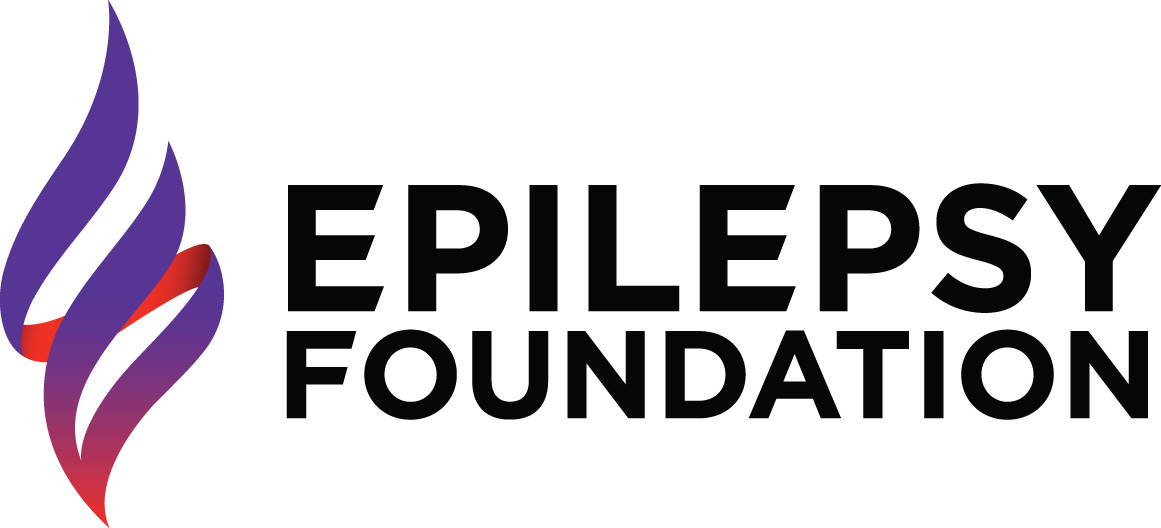 | The Epilepsy Foundation invests in finding new therapies and a cure by funding clinical up-and-coming scientists. | One full research grant (Research and Training Fellowship for Clinicians or Junior Investigator Research Award) will be supported; either Junior Investigator Awards or Research and Training Fellowships for Clinicians. |
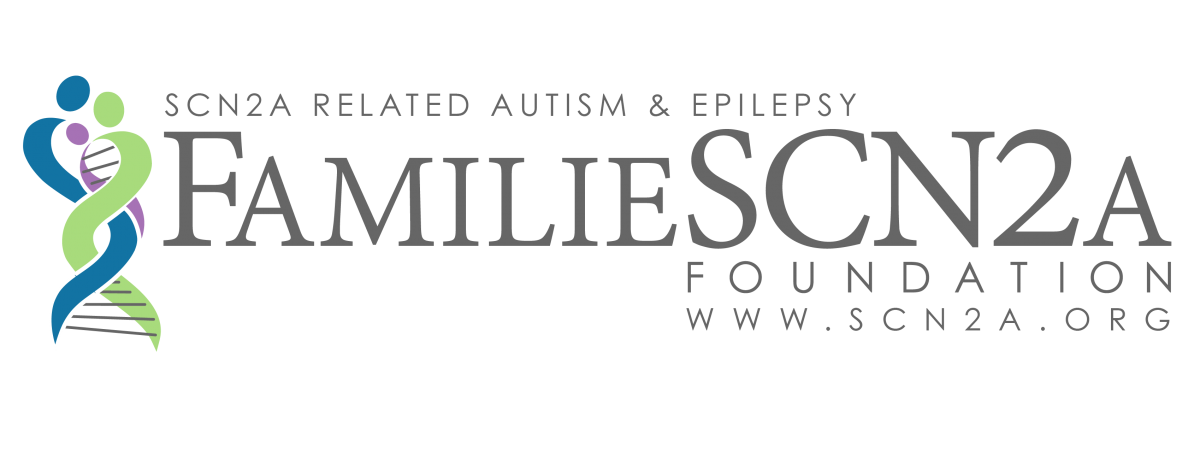 | FamilieSCN2A Foundation hopes to accelerate the development of therapeutic treatments and disease-modifying advancements for those living with changes in the SCN2A gene. | Up to one full seed or early-career grant will be funded in full by the FamilieSCN2A Foundation. |
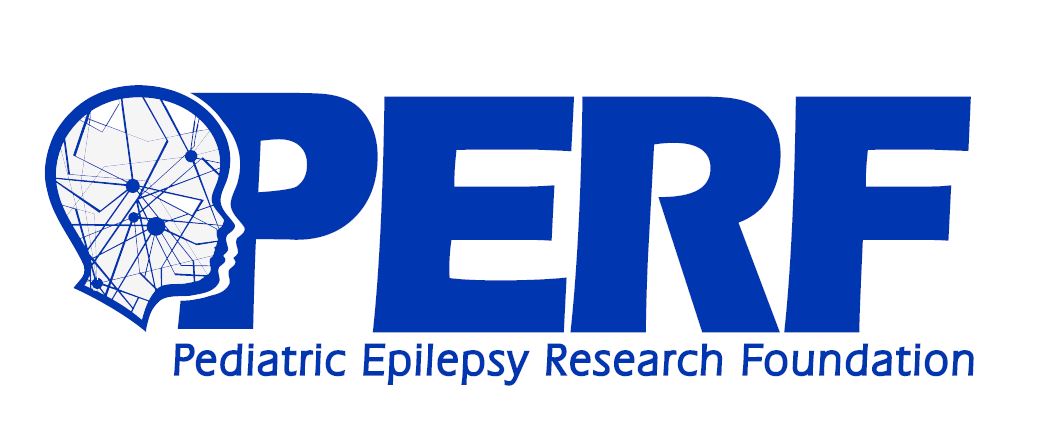 | The Pediatric Epilepsy Research Foundation supports research in pediatric epilepsy and other pediatric neurologic conditions, with an emphasis on pediatric neurologists. | PERF will support half of a Pediatric Research and Training Fellowship for Clinicians. |
 | The Bow Foundation is focused on supporting research into GNAO1 genetic mutations. The foundation supports research that improves medical understanding and enhances treatment options for patients with GNAO1-related neurodevelopmental disorders. | The Bow Foundation will consider co-funding a research proposal. |
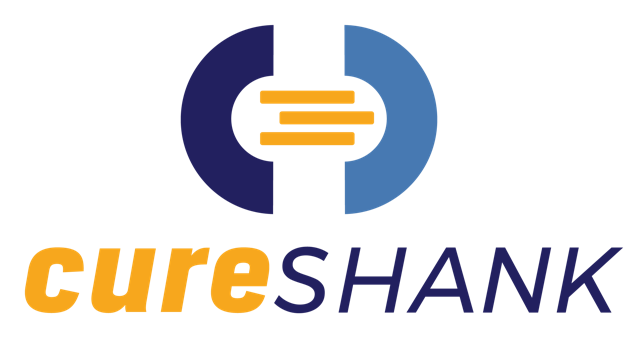 | CureSHANK has a singular purpose: to accelerate the development of cures and treatments for SHANK-related disorders. CureSHANK works to identify and fund projects that overcome barriers to successful drug development and to coordinate scientific efforts to improve efficiency and speed in the field. | CureSHANK will consider co-funding a research proposal. |
 | Hope4Harper is committed to advancing research on the CDKL5 genetic disorder. | Hope4Harper will consider co-funding a research proposal. |
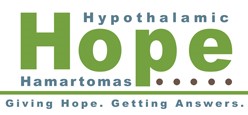 | Hope for Hypothalamic Hamartoma (HH) promotes research toward early detection, improved treatments, better living with HH, and cures. | Hope for Hypothalamic Hamartoma intends to co-fund a proposal and may also consider funding a proposal in full. |
 | International SCN8A Alliance is committed to accelerating research to bring hope to children struggling with SCN8A mutations. | High-priority proposals will either focus directly on SCN8A or investigate factors that contribute to the wide diversity of phenotypes within these genetic disorders, with a particular focus on the most severe phenotypes. They will consider co-funding a research proposal. |
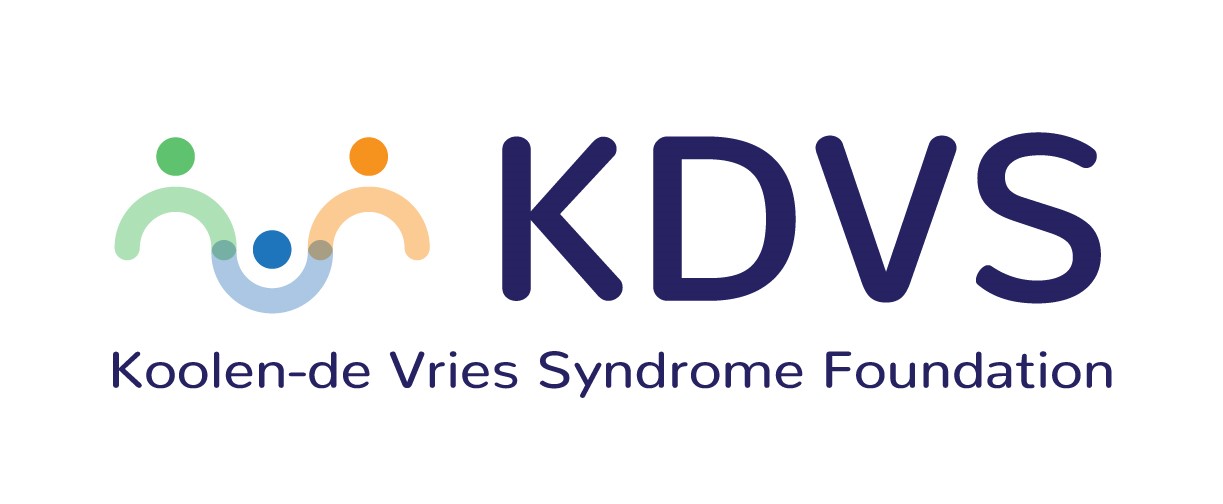 | The Koolen-de Vries Syndrome Foundation works to educate, increase awareness, and promote research for the support and enrichment of individuals living with Koolen-de Vries Syndrome and their families. | The Koolen-de Vries Syndrome Foundation will consider co-funding a research proposal on the genetic cause of KdVS (KANSL1 gene), its relation to seizures, and treatment-resistant and severe seizures (including ESES/CSWS). |
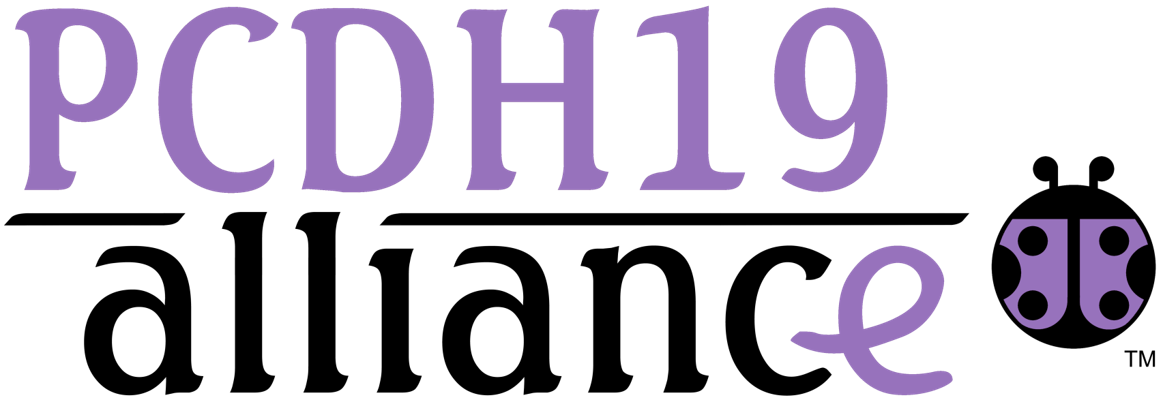 | About the organization: The PCDH19 Alliance focuses on raising and directing funds to scientific research with the goal of finding better, more effective treatments and, ultimately, a cure. | The PCDH19 Alliance will consider co-funding a research proposal. |
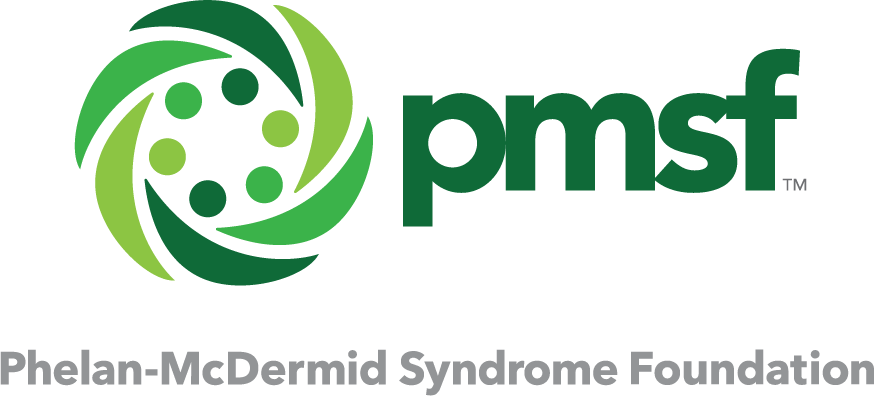 | Phelan-McDermid Syndrome Foundation (PMSF) is a rare disease patient advocacy group that exists to improve the quality of life of people affected by Phelan-McDermid Syndrome (PMS) worldwide by providing family support, accelerating research, and raising awareness. | PMSF will consider co-funding a research proposal focused on the connection between seizures and 22q13, and/or the Shank 3 gene. |
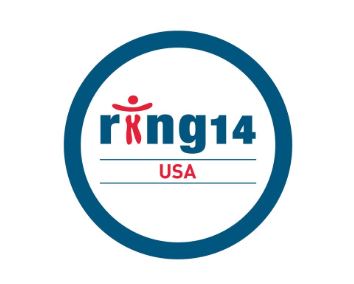 | Ring14 USA funds research on Ring14 Syndrome and other anomalies originating from the 14th chromosome to improve treatments, quality of life, and the understanding of these conditions. | Ring14 is interested in researching any relationship between epilepsy and the 14th chromosome. They will consider co-funding a research proposal at 25%. |
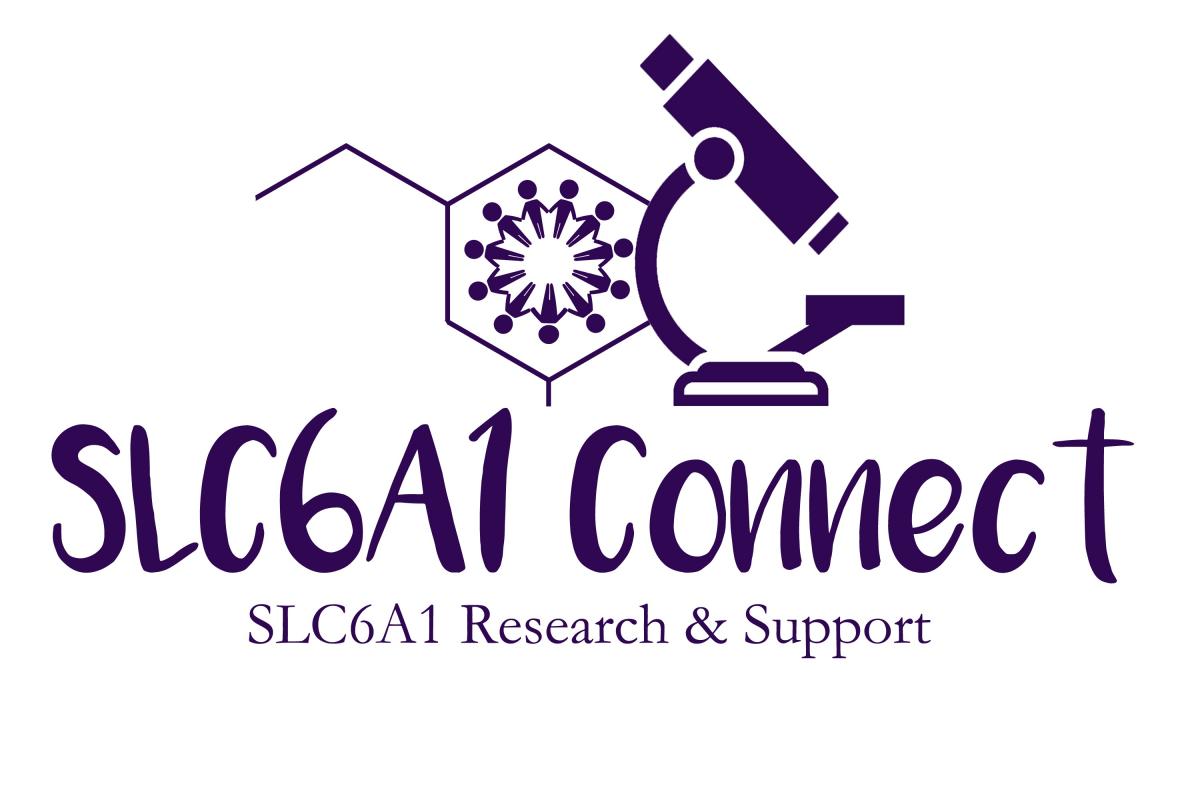 | SLC6A1 Connect funds research that focuses on the development of therapy and biomarkers to improve SLC6A1 patient outcomes. | SLC6A1 Connect intends to co-fund a research proposal and may also consider funding a proposal in full. |
 | SRF exists to improve the quality of life of SynGAP1 patients through the research and development of treatments, therapies, and support systems. SRF welcomes all research that aligns with these goals but is currently prioritizing biomarkers. | SRF intends to co-fund a proposal and will also consider funding a proposal in full. |
 | TESS Research Foundation’s mission is to find the best treatment options and ultimately a cure for Citrate Transporter Disorder (SLC13A5 Deficiency), an autosomal recessive epileptic encephalopathy with seizures beginning in infancy. Research priorities include disease model creation, drug screens, clinical biomarkers or surrogate endpoints, and potential treatment modalities. | TESS Research Foundation intends to co-fund a proposal and may also consider funding a proposal in full. |